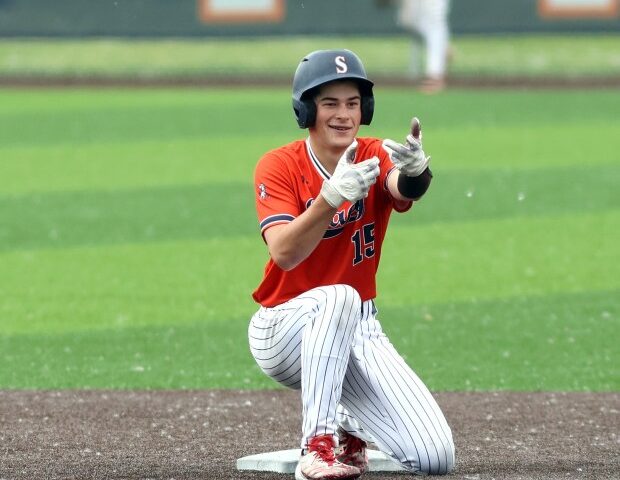As an employer providing health insurance to its workers who choose to have it, Waukegan Community Unit School District 60 is faced with paying much of the ballooning cost of insulin for those who need the diabetes medication for themselves or family members.
William Shinoff, an attorney with the California-based Frantz Law Group representing the district, said the amount the three primary manufacturers of insulin charge has escalated more than 550% in the past 11 years. He believes it is illegal.
“There is no rhyme or reason for these increases other than price-gouging,” Shinoff said. “The same drug is being sold in Europe by the same manufacturer for much less. People are being forced to choose between taking a lifesaving drug and feeding their family.”
District 60 is looking to put an end to that situation, and recoup some of the money spent.
The District 60 Board of Education unanimously approved a resolution hiring the Frantz Law Group Tuesday at the Lincoln Center administration building in Waukegan to help it recoup some of the allegedly excessive insulin charges.
Superintendent Theresa Plascencia said at the meeting the district is joining an existing multi-party lawsuit to recover some of the money it has spent because of what she believes is the inappropriate behavior of pharmaceutical manufacturers and others, in part because the district is self-insured.
Hiring the same law firm that won money for the district because of inappropriate behavior from vaping manufacturers, the district will pay the Frantz Law Group 30% of its recovery, according to district records. There will be no out-of-pocket cost to Waukegan public schools.
One of a number of school districts across the country — including three in Illinois — suing drug manufacturers and pharmacy-benefit managers, Shinoff said Waukegan public schools’ recovery will be determined independently from the other plaintiffs.
Kathryn VanderBroek, District 60’s general counsel, said the company is suing manufacturers Eli Lilly and Company, Novo Nordisk, Inc., and Sanofi-Aventis, as well as benefit managers CVS Caremark, Express Scripts and OptumRx.
Parent companies of CVS Caremark, Express Scripts and OptumRx, including United Healthcare, are also defendants in the lawsuit, according to court documents. The companies affiliated with United Health Care and CVS are the fifth- and sixth-largest businesses on the Fortune 500 list.
Controlling 98% of the insulin market in the United States, Shinoff said Eli Lilly, Novo Nordisk and Sanofi-Aventis have worked together with the pharmacy managers to control the price of insulin.
“The manufacturers have the right to recover the cost of their research and development, but what they’re doing is much more than that,” he said.
During the past 20 years, the average cost of consumer goods has increased 1.75 fold, while the cost of some diabetes medicines has risen more than 10 times to “exponentially increase their profits” at the expense of entities like the Waukegan public schools, according to court documents.
Though the manufacturers set the price of insulin, it is not based on the market but is highly inflated, the documents say. A price change from one is followed quickly by the other two. The pharmacy-benefit managers receive rebates from the manufacturers, enabling both to profit at the expense of the patient or their insurer.
“They get major financial kickbacks from the manufacturer, which enables both to profit,” Shinoff said. “School districts like Waukegan don’t get any rebate on the cost of the drugs. They’re paying $600 to $800 for a prescription, and it should (be closer to) $35.”
Along with seeking money for past wrongs, Shinoff said he hopes to get a ruling from the court controlling the price.
Nothing will happen too quickly. He said the manufacturers and managers are asking the court to dismiss the case because the accusations do not merit a recovery. Attorneys are scheduled to plead their case to the judge in August.
Along with restraint of trade and fraud, the school districts are accusing the manufacturers and managers of unjust enrichment, conspiracy and violating the Racketeer Influenced and Corrupt Organizations Act.





